After watching Amazon’s Utopia, it’s reasonable to wonder if this fascinating new series arrives at the best possible time for it, or the worst.
Adapted by Gillian Flynn (Gone Girl) from the British series of the same name, Utopia follows a group of people whose obsession with a mysterious comic book sweeps them into a deadly, wide-reaching conspiracy centered around a terrifying, flu-like virus ravaging the country. The series premieres at a time when the very-real coronavirus pandemic has killed nearly 200,000 people in the U.S. and rampant conspiracy theories have radicalized substantial portions of the nation’s population.
Basically, “timely” doesn’t even begin to describe how eerily the show’s themes parallel the reality of our own, dystopian world.
It’s a shame, really, because Utopia‘s talented cast and compelling story provide a great foundation for the new series, which can’t help but be judged on how much it reflects reality rather than offering the sort of surreal escape from it the show would have been just a few months ago.
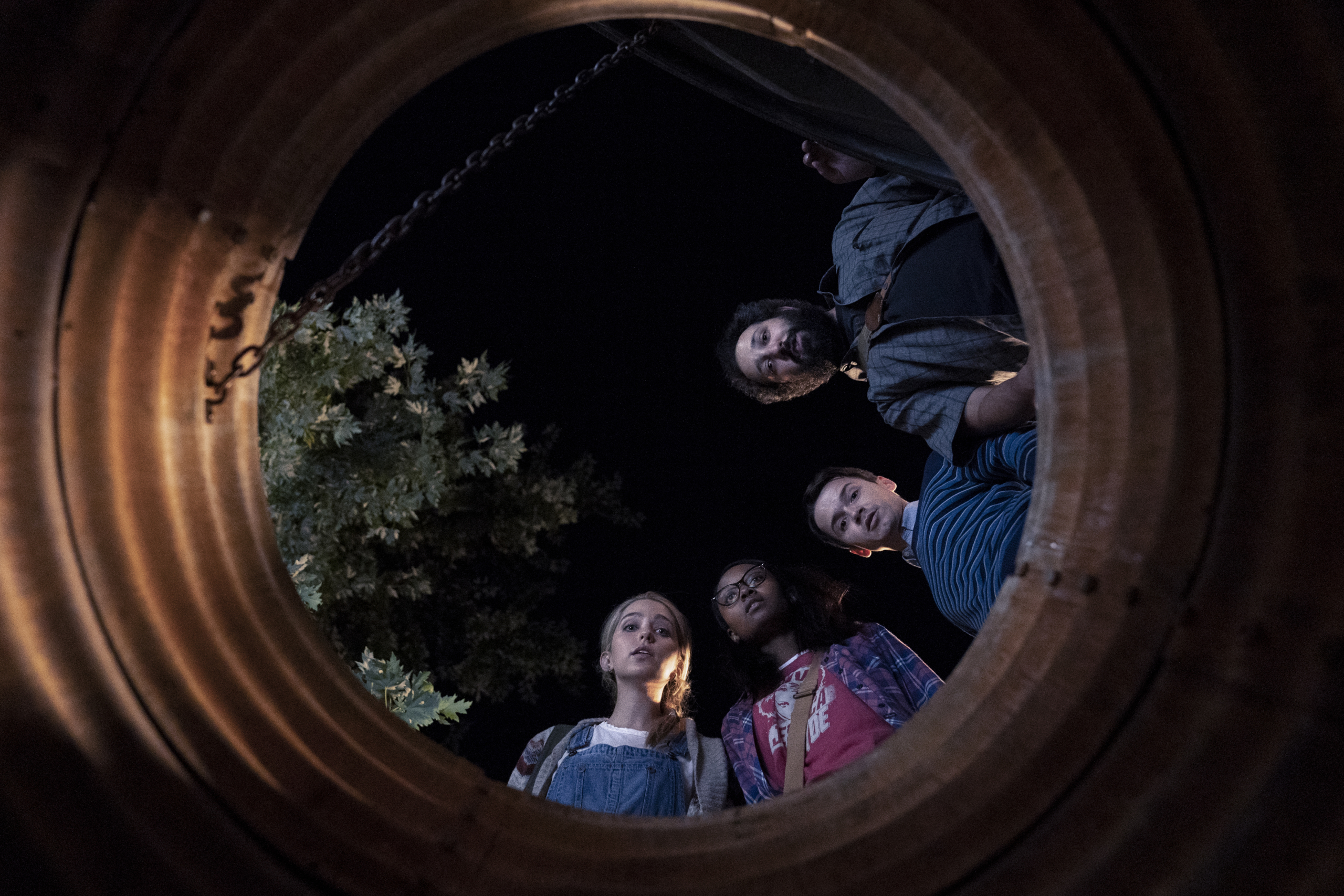
Digital Trends was given an early look at the first seven episodes of Utopia‘s eight-part debut season. The following, spoiler-free review is based on the first seven episodes of season 1.
Casting a connection
The underlying story of Utopia is an engrossing, well-crafted thriller, but it’s the mix of familiar faces and lesser-known actors who have great chemistry that really sells the show’s rapidly unfolding mystery.
The ensemble cast of Utopia is led by Dan Byrd, Ashleigh LaThrop, Desmin Borges, and Javon Walton playing a group of friends whose mutual fascination with an underground comic that may or may not foretell the future turns into a quest to stop an apocalyptic event. They’re joined by John Cusack as a charismatic entrepreneur, Rainn Wilson as a neurotic virologist, and Sasha Lane as a mysterious woman who might be the key to saving the world.
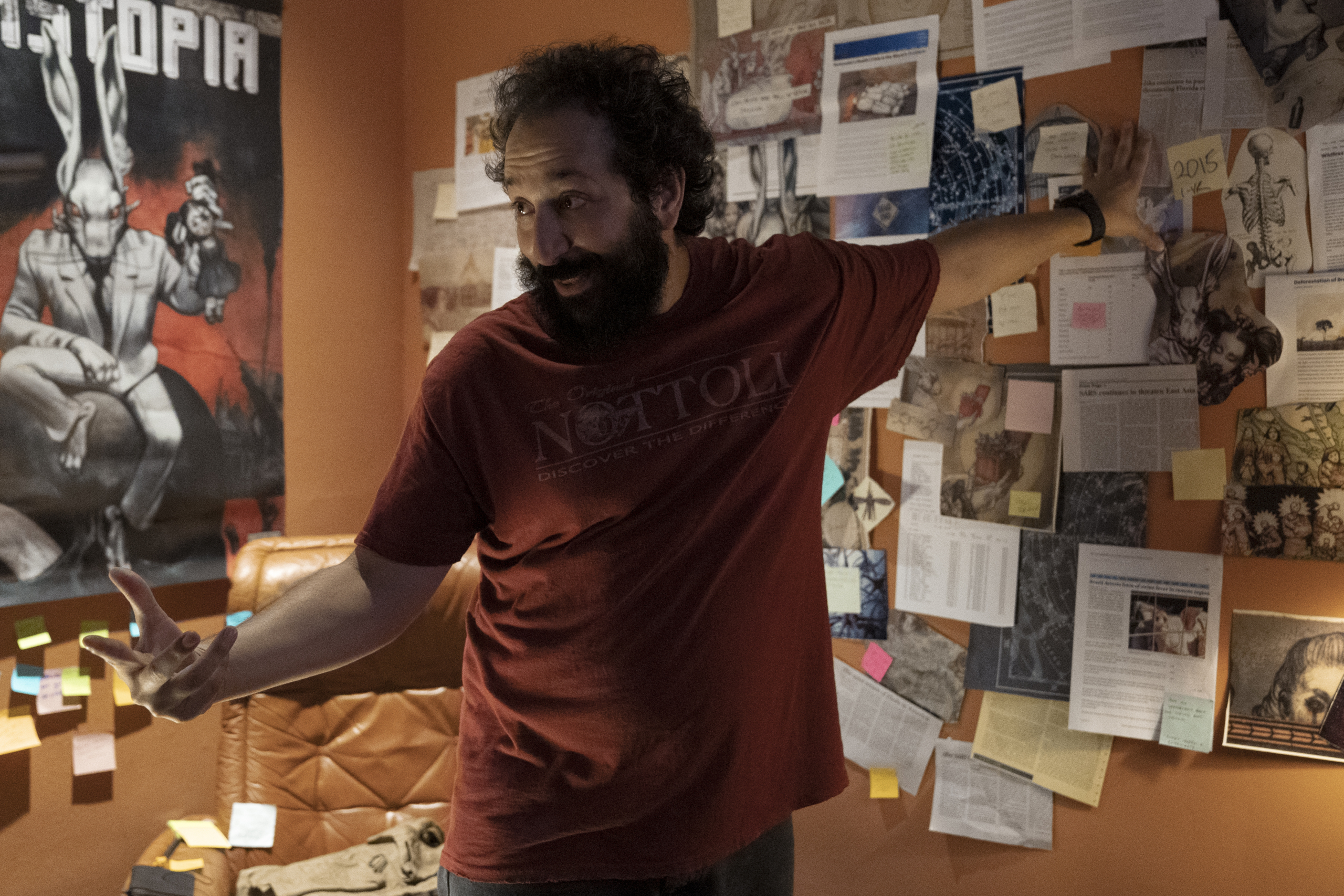
The core cast of comic-obsessed friends are fun to watch, even when the story takes them to some shockingly dark places. Borges in particular is a standout, portraying the group’s most paranoid member — a bunker-dwelling, wall-of-clippings-and-string true believer in all manner of sinister conspiracies. Borges’ character remains a sympathetic figure even at his looniest, though, and like many of his castmates, his performance keeps his character relatable — a quality that makes the stakes feel higher as the danger to him and his circle of friends grows.
That ability to sympathize with the characters in Utopia is both important and impressive, given how bizarre things get in the series and how quickly the vibe shifts from strangely familiar to a truly sinister spin on our current, real-world predicament.
Portraying the group’s most skeptical member, Byrd occasionally feels like the audience’s surrogate in the crazy events happening all around him. His average-guy character is there to show us how easily we could all be swept up in the machinations of a mysterious cabal if we’re in the wrong place at the wrong time, and the times when we watch the story unfold through his eyes are often when it feels the most real.
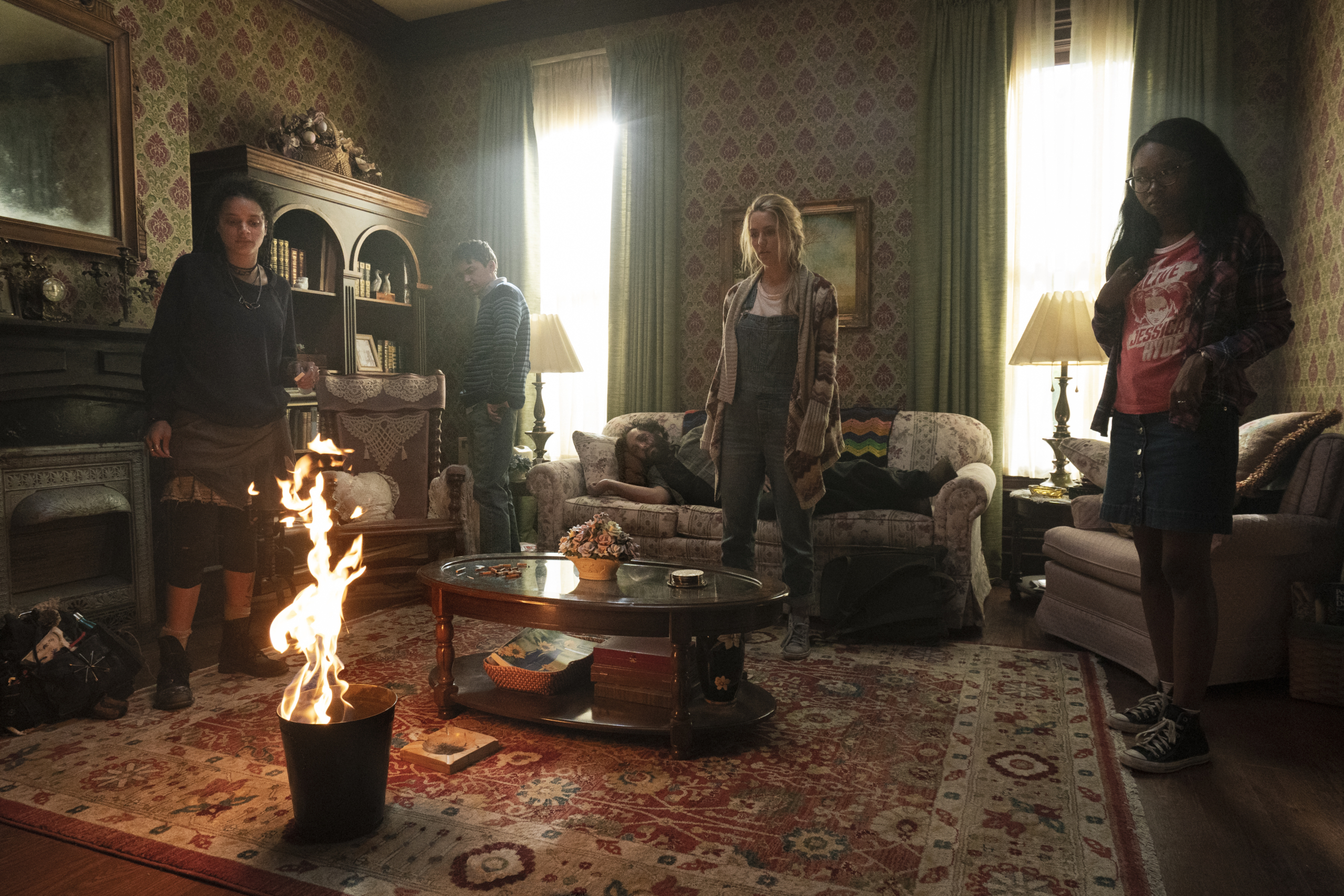
Three times the drama
It’s easy to root for the show’s group of friends, but it’s hard to look away from the characters surrounding them.
Playing pharmaceutical tycoon Kevin Christie, Cusack strikes just the right balance as a character that often feels too good to be true, keeping you on edge despite every outward indication that he sincerely wants to do right by the world. We can’t help being skeptical of billionaire CEOs, after all, and Cusack’s character embodies all of those ambiguous reasons for being cautious.
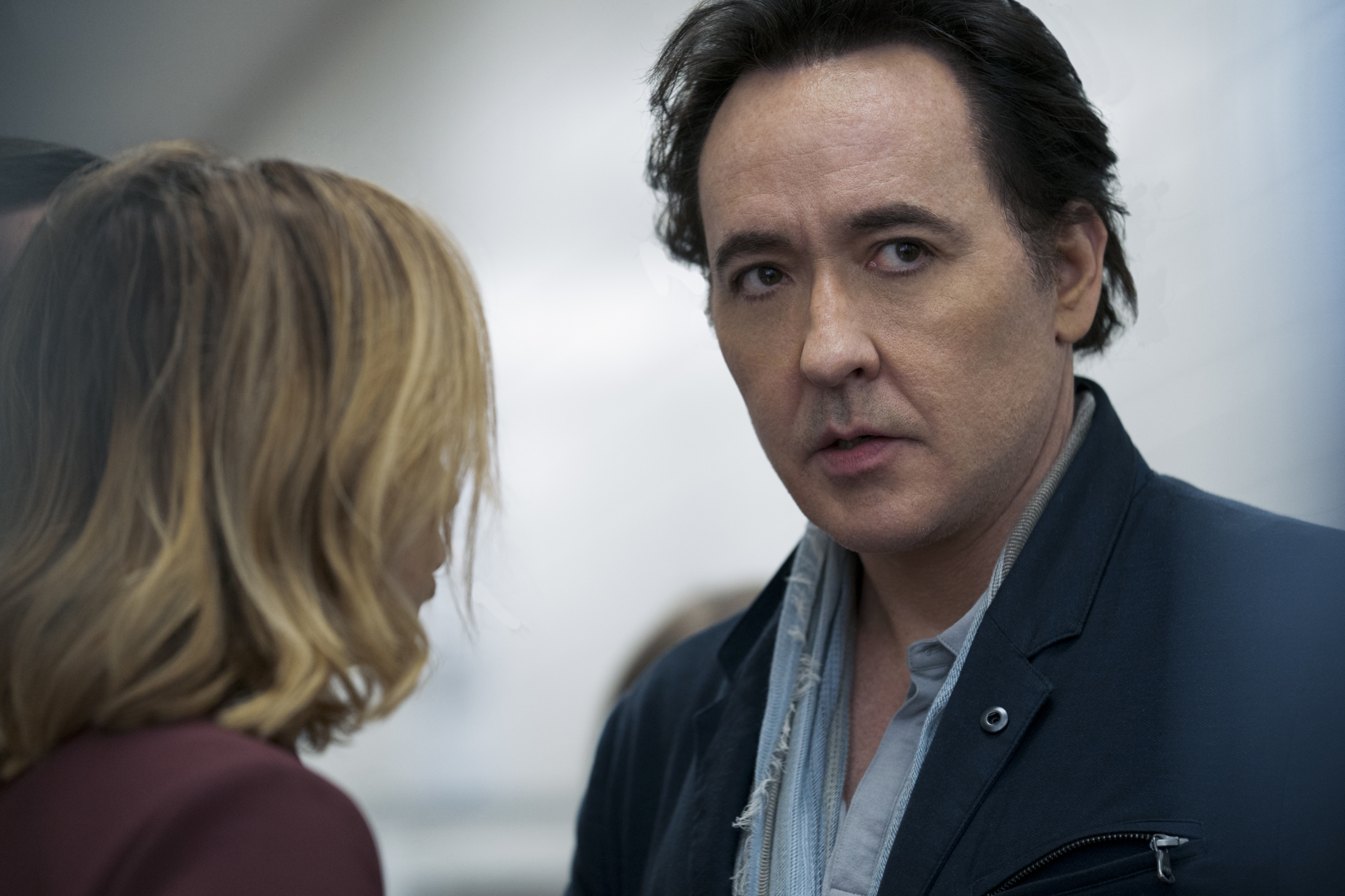
As the lonely scientist Michael Stearns, Wilson does a wonderful job of capturing the highs and lows of his character’s journey and the effect the experience has on someone whose mind was fragile enough before he got caught up in a plot to foster a global pandemic. He’s one of the show’s smartest characters and its most gullible, and manages to be both hero and villain at various points in season 1’s arc. That’s a wide range to cover, but Wilson handles it well and carries the audience along with him on this rollercoaster of emotions.
In a role that should remain unnamed to avoid spoilers, Lane plays one of the show’s most intriguing characters. Her story arc affords her plenty of chances to add nuance and depth to a character that often avoids subtlety, and the American Honey actress makes good use of those opportunities. Her character is involved in most of the show’s most memorable action scenes, and in Utopia, she seems as comfortable brawling in a dirty bathroom as she does delivering dramatic exposition on her character’s traumatic childhood.

Reality bites
Despite all of the tremendous acting in Utopia, though, it’s the story’s all-too-familiar themes that are likely to generate the most buzz around the series.
While the series wraps the spread of its pandemic in the cloak of a sinister conspiracy, the way in which many of the characters relate to the virus should often hit close to home for anyone following current events — particularly in the U.S. The notion of local and federal governments bickering over how to handle the virus’ mounting death toll and prioritizing public perception over public safety feels far less fictional today than it would have felt a year ago, for example. That familiarity is difficult to compartmentalize and set aside while evaluating Utopia, and the end result is a show that is either as fictional as you want it to be or as meta as you’re willing to go with it.
Boiled down, Utopia is a show about a comic book that uses metaphors to reveal how sinister entities engineer a global pandemic, premiering on TV at a time when powerful people and companies have both, directly and indirectly, contributed to the spread of a deadly global pandemic. Depending on how you approach it, it can be an entertaining distraction or a slippery philosophical slope.
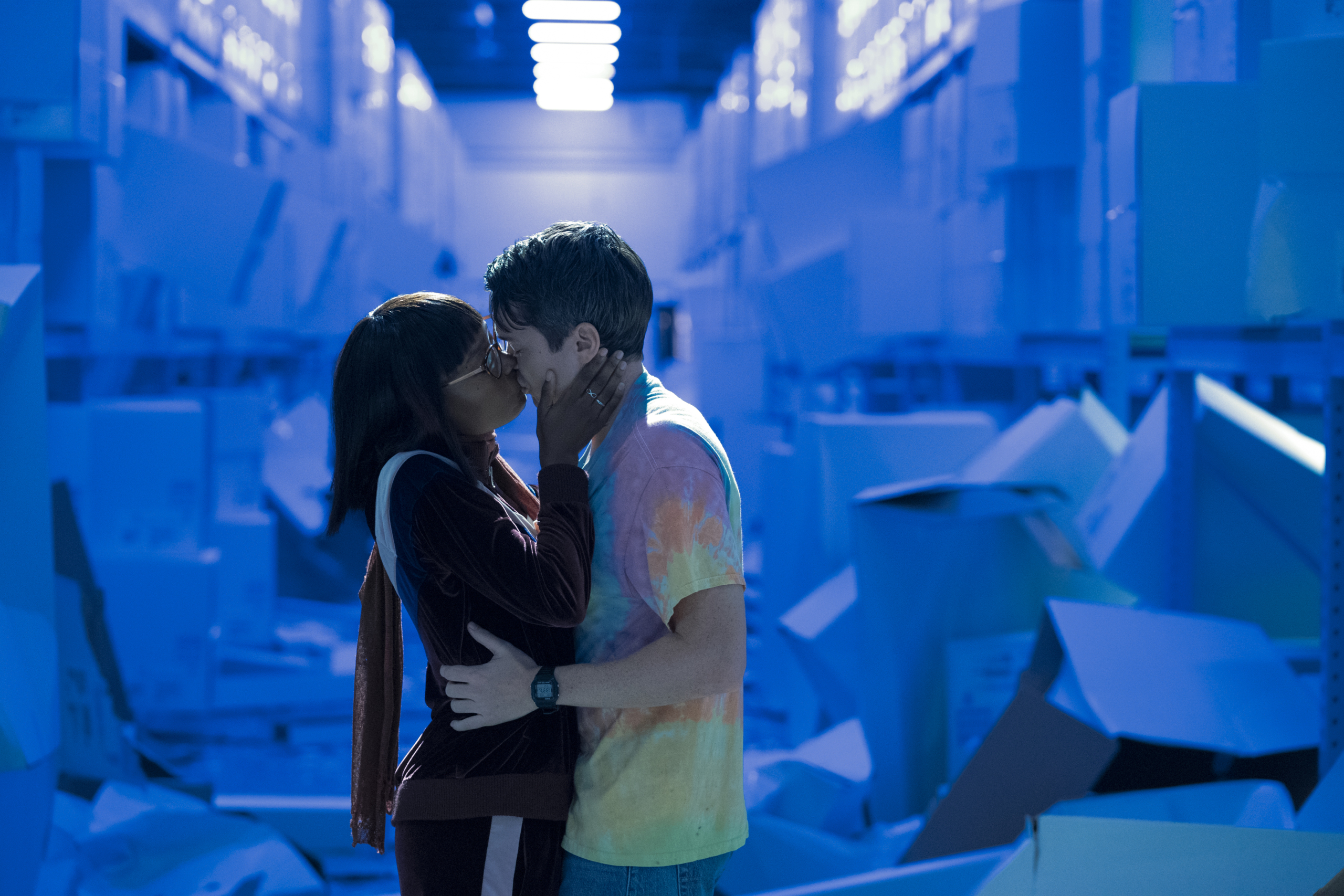
Metaphors and symbolism aside, the series’ first seven episodes offer an exciting and genuinely engrossing adventure that delivers on its intriguing premise in all the right ways. The talented cast avoids becoming conspiracy-story caricatures as their characters are flung from one shocking experience to the next, and the quality of their performances make you feel invested in their fates regardless of how weird things get (And it gets very, very weird).
In the end, whether you view Utopia as an amusing adventure down the conspiracy rabbit hole or a cautionary tale about our dark, pandemic-influenced timeline will vary from person to person. The story it does tell is told well, though, and will hopefully lead to more bizarre adventures in that world.
With any luck, they won’t feel nearly as frustratingly familiar next time around.
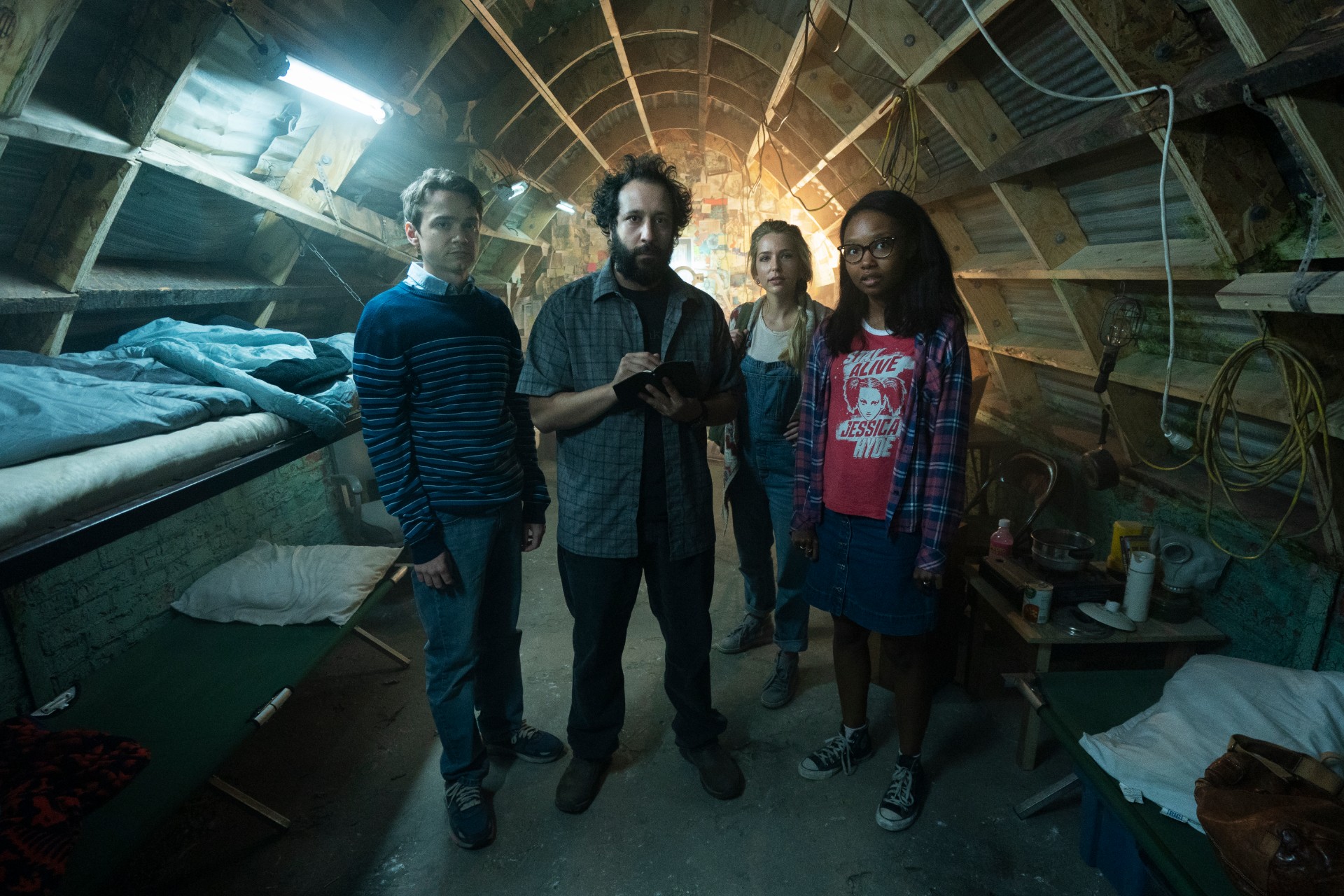
Amazon’s Utopia premieres September 25 on Amazon Prime Video.
Editors' Recommendations
- Tubi’s rebrand looks to pull you further down the content rabbit hole
- The School for Good and Evil review: Middling magic
- Significant Other review: a scary kind of love
- God’s Creatures review: an overly restrained Irish drama
- The Fabelmans review: an origin story of Steven Spielberg




